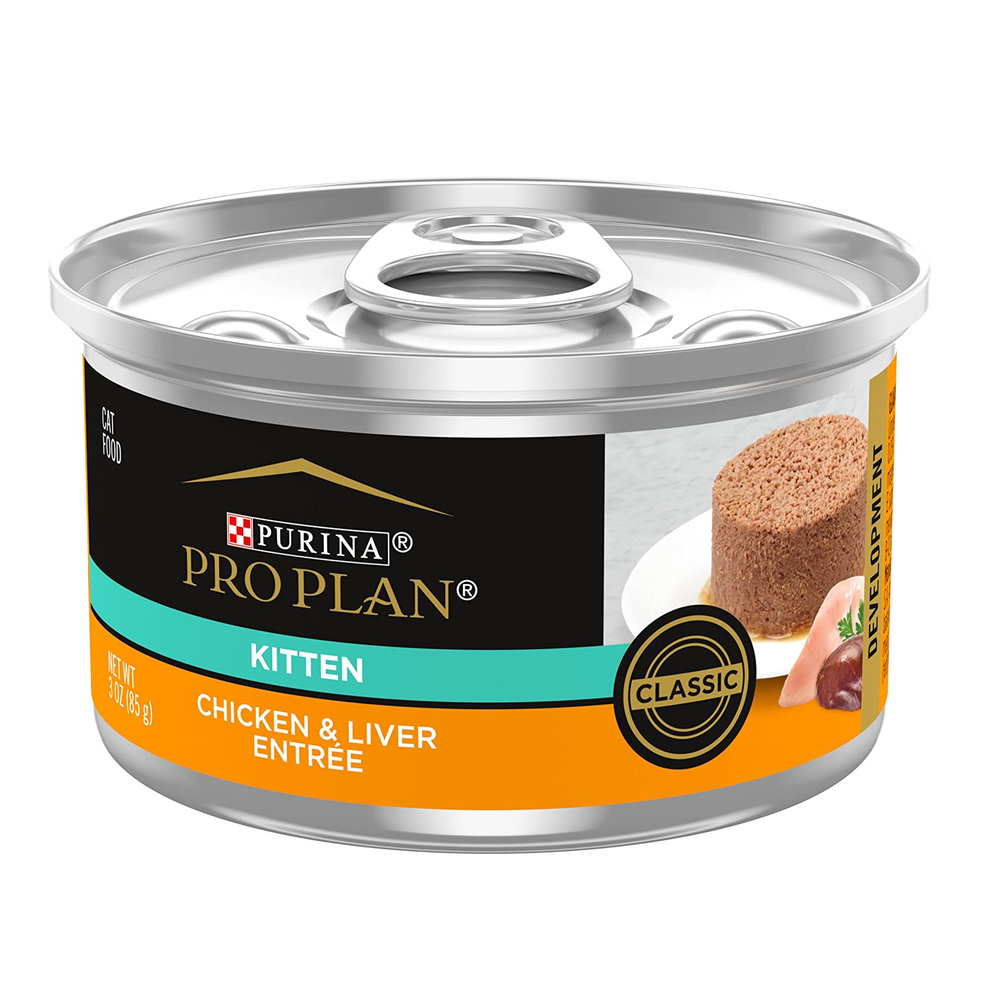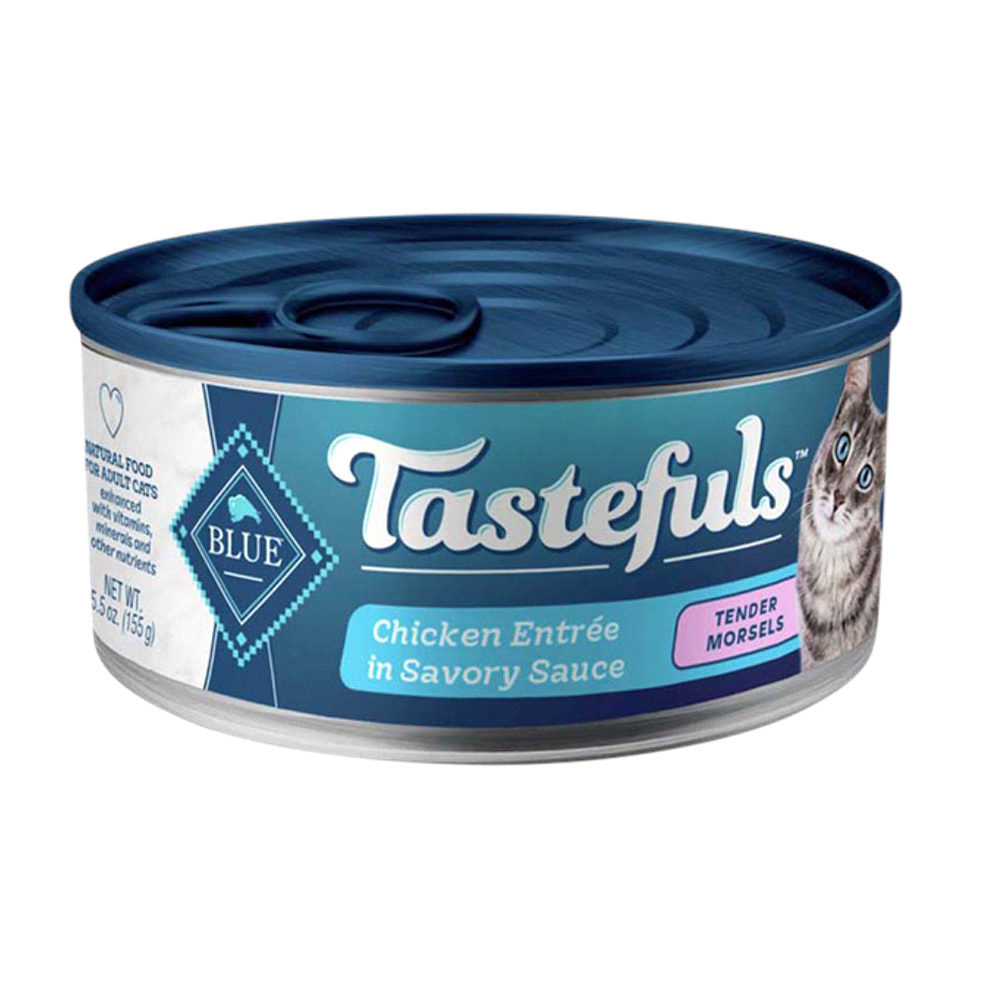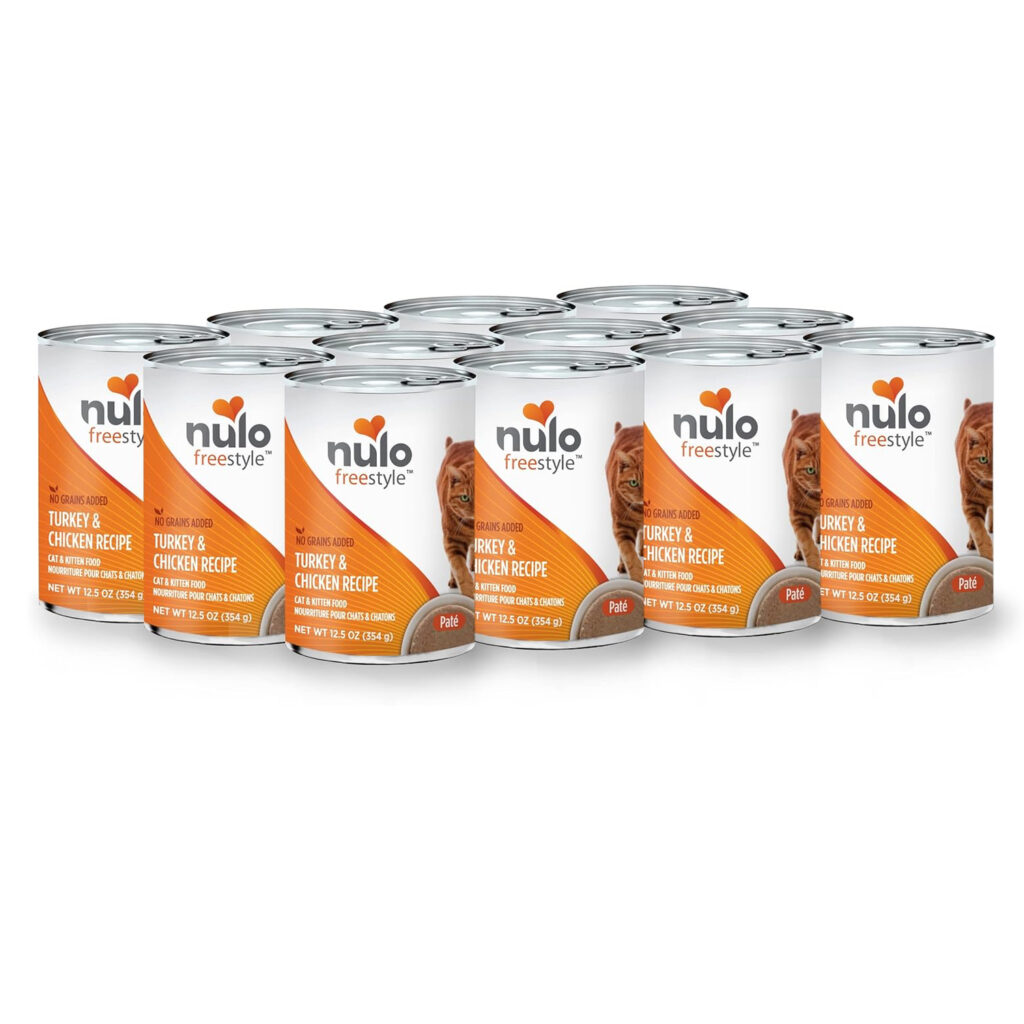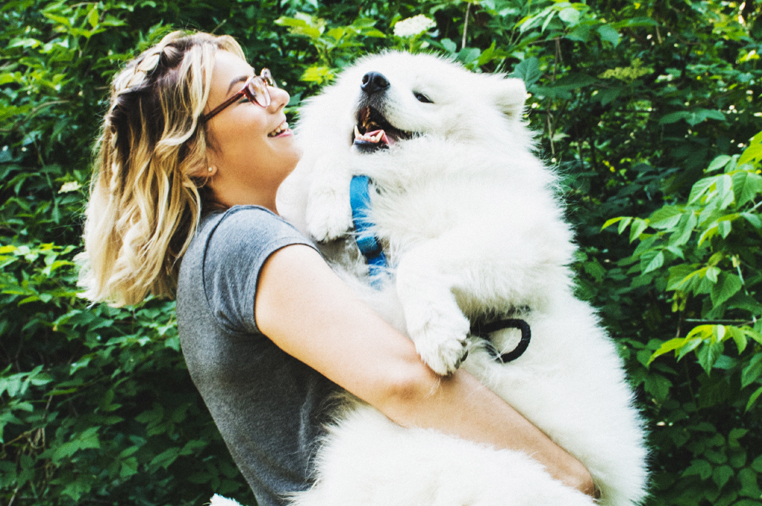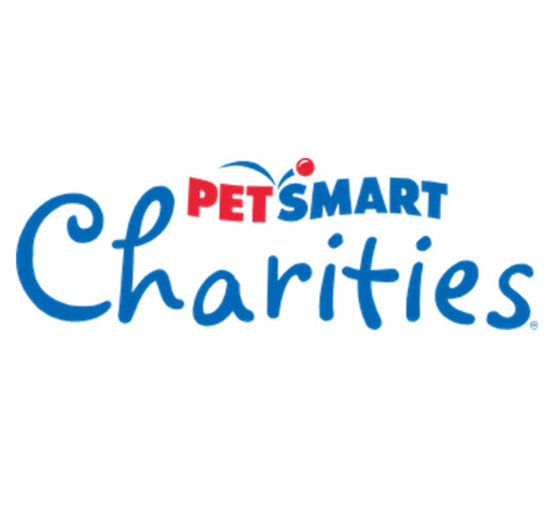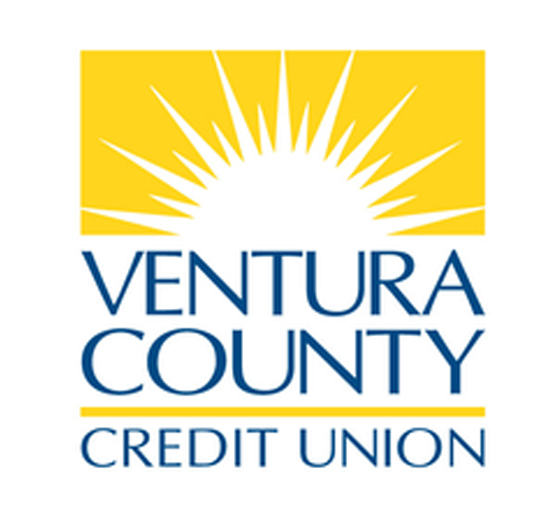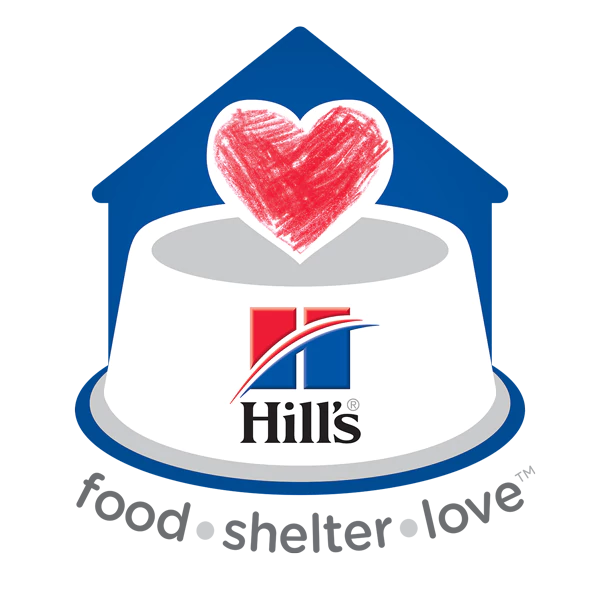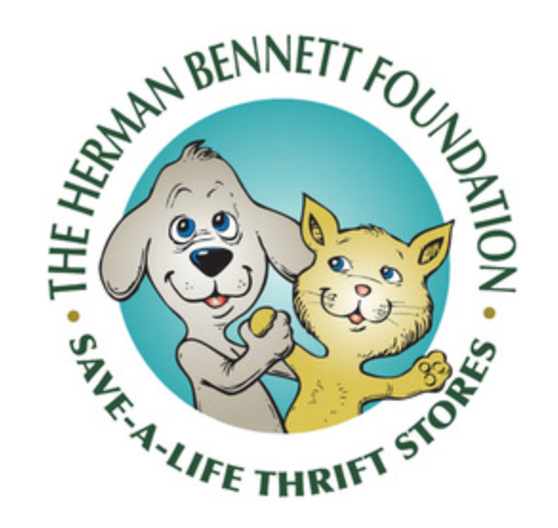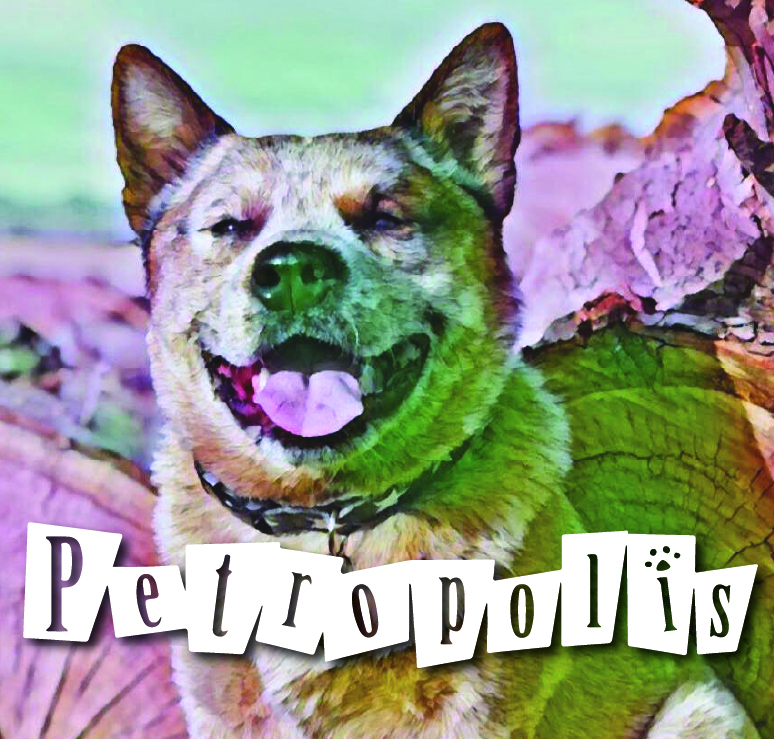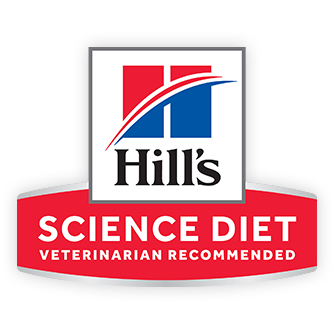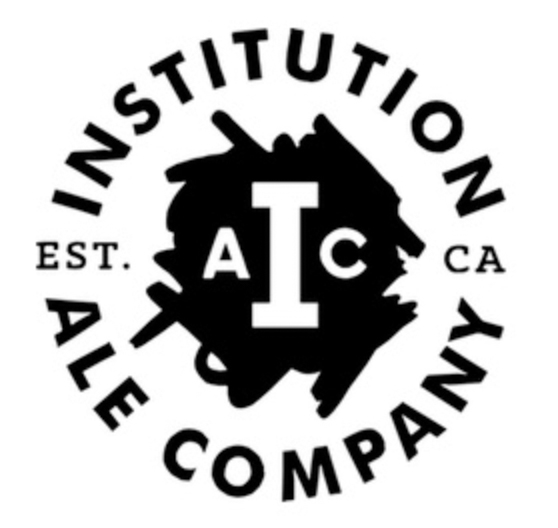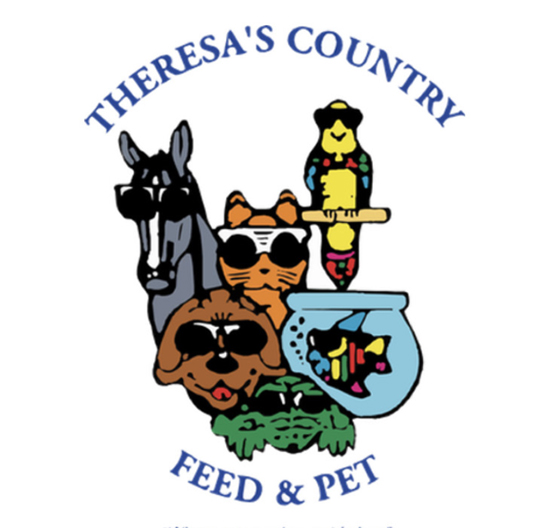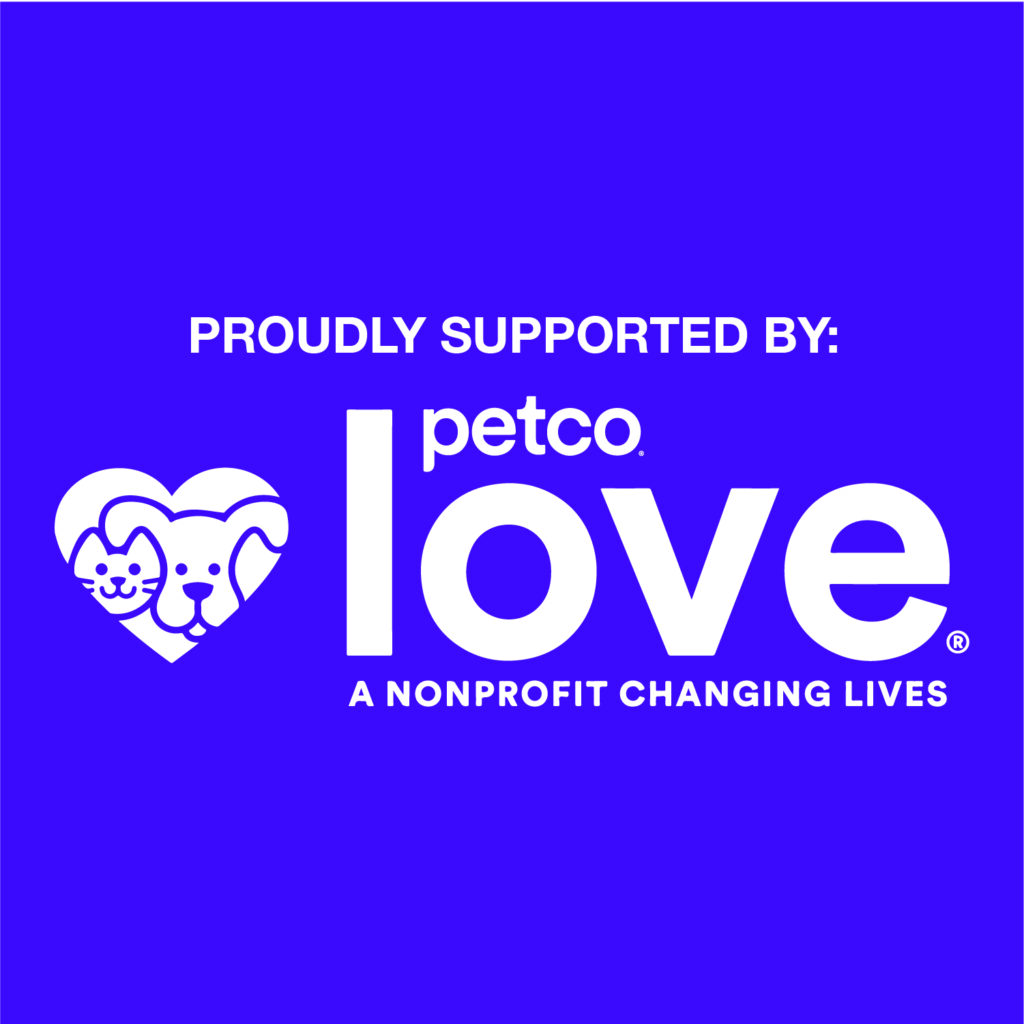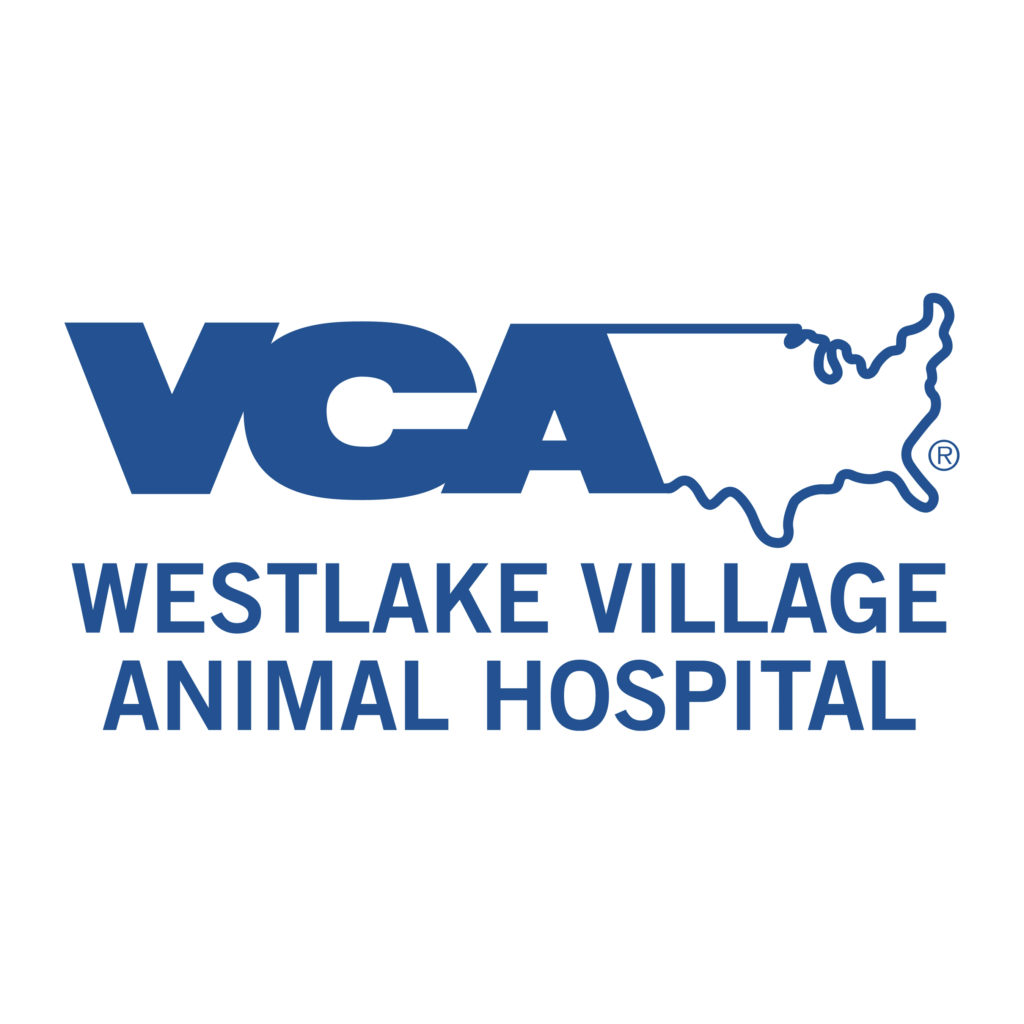Kitten Food Drive 2024
- $39.84 (24) 3 oz. cans
- 220 of 350 cases donated so far
- $29.98 (24) 3 oz. cans
- 459 of 1,500 cases donated so far
- $44.28 (12) 12.5 oz. cans
- 141 of 350 cases donated so far
Donate kitten food easily through our Amazon Wish List!
Please ensure food is delivered directly to the Camarillo Shelter – 600 Aviation Drive, Camarillo, CA 93010. Food totals above are updated daily in the afternoon. Thank you!
View Shelter Animals
Click here to learn about our Adoption Process.
Courtesy Re-Homing List
The animals listed here are not available for adoption through Ventura County Animal Services. They are being responsibly re-homed by their owner. Please tap/click the pet to learn more and contact their owner directly. Thank you!
Disclaimer: Please note that the information concerning animals listed here was provided by each animal’s owner(s). No one from Ventura County Animal Services has met or evaluated any of these animals, nor have we confirmed the accuracy of the information we were provided for inclusion on this webpage. As with all prospective animals, you should take reasonable steps to evaluate the suitability of a particular pet for your home and family. VCAS hereby disclaims all warranties, expressed or implied (including without limitation any implied warranty of fitness, fitness for a particular purpose and/or merchantability) concerning the accuracy, completeness, reliability of the information concerning any animal or the suitability for any particular circumstance of any animal listed here for rehoming. Thank you.
About Us
Please contact Ventura County Animal Services if you wish to use our logo for fundraisers, events, or any official or unofficial activities. Our logo should never be distorted, recolored, rotated or altered in any way. Thank you.
Ventura County Animal Services (VCAS) is an open admission, life-saving, municipal animal welfare agency in the County of Ventura. The Camarillo Shelter, the main shelter, is located between Los Angeles and Santa Barbara Counties and houses the Administrative Offices and Veterinary Hospital. The Camarillo Shelter has a 400-animal capacity which can increase to over 900 during declared natural disasters.
The Simi Valley Animal Shelter is smaller facility located three miles from Moorpark College and can house up to 40 animals. The Simi Valley Shelter, however smaller, offers many of the same services and opportunities as the Camarillo Shelter, such as the intake of stray and surrendered animals, pet adoptions, pet licensing, the reclaim of lost animals, and volunteer opportunities.
VCAS offers a wide array of programs and services to the residents and animals of Ventura County. These services include animal sheltering, pet adoptions, lost & found, field services, cruelty investigations, pet licensing, TNR surgical services, low-cost vaccination clinics, volunteer/foster opportunities and emergency disaster response.
VCAS provides contract services to the residents of Camarillo, Fillmore, Moorpark, Ojai, Oxnard, Port Hueneme, Simi Valley, Ventura, and all unincorporated areas of Ventura County. VCAS is dedicated to improving the lives of the animals in their care, and to safeguard the community through rabies suppression and the sheltering of stray animals.
Mission
The mission of VCAS is to improve the lives, health, safety, and well-being of animals under our care and within our community, to be timely and compassionate in our response to customer needs and concerns, to educate and empower the community through outreach and public awareness, and to provide for the health and safety of the people of Ventura County.
Vision
VCAS will be a catalyst in creating a future where we are a community able to provide for the mental, physical and emotional needs of all animals, and where the human-animal bond is supported through resources and education for pet families.
Values
Compassion: We treat people and animals with dignity, empathy, and kindness.
Integrity: We are committed to the delivery of professional services by being honest, trustworthy, transparent, and respectful.
Efficient: We utilize organizational and community resources wisely in the provision and delivery of our services.
Innovative: We encourage creative and progressive programming and strive to create an environment dedicated to continuous improvement.
Safety: We are dedicated to the enforcement of animal laws and to the health and safety of people and animals in our communities.
Inclusive: We are strongly committed to the principles of diversity, equity, inclusion, and accessibility in our daily service to the community and within our organization.
FREQUENTLY ASKED QUESTIONS (FAQ)
Can I bring my animals in for a checkup?
No. Our Veterinary Hospital is not available to the general public. Our Veterinary Hospital only services animals in our care. We do host vaccination an microchip clinics throughout the year. Please follow us on Facebook to know when these events occur.
How much does it cost to adopt a pet?
For the most current schedule of adoption fees, please click here.
What if I find a stray dog in the middle of the night or very early in the morning?
If you can keep the dog safe in your home until we open, please do so and thank you! If you cannot provide temporarily care for the dog, please call (805) 388-4341 and use OPTION 4 to be put through to our after-hours service.
What if I find injured wildlife?
If you found injured wildlife, please contact the Animal Help Now non-profit organization by clicking here. If this is an animal emergency, please go directly to a 24-hour emergency animal hospital near you.
Why is a pet license so much cheaper if my dog is spayed/neutered?
The discount is an incentive to have pets spayed or neutered. There is an overpopulation of animals in our community and spay/neuter is the only proven method of curtailing uncontrolled breeding. View pet licensing fees at www.vcas.us/licensing.
Can my child volunteer?
The minimum age for volunteers is 13. Volunteers 13-15 must apply with an adult partner volunteer and must have permission from their legal guardian. Volunteers 13-15 will train and volunteer with an adult at all times. The child and partner/parent must submit separate applications. Please visit www.vcas.us/volunteer to sign up.
Do you have Service Animals, Emotional Support Animals, or Therapy Animals for adoption?
No. VCAS adopts out companion animals, but pet owners can take steps to make them Service Animals, Emotion Support Animals, or Therapy Animals.
A LIFESAVING Framework
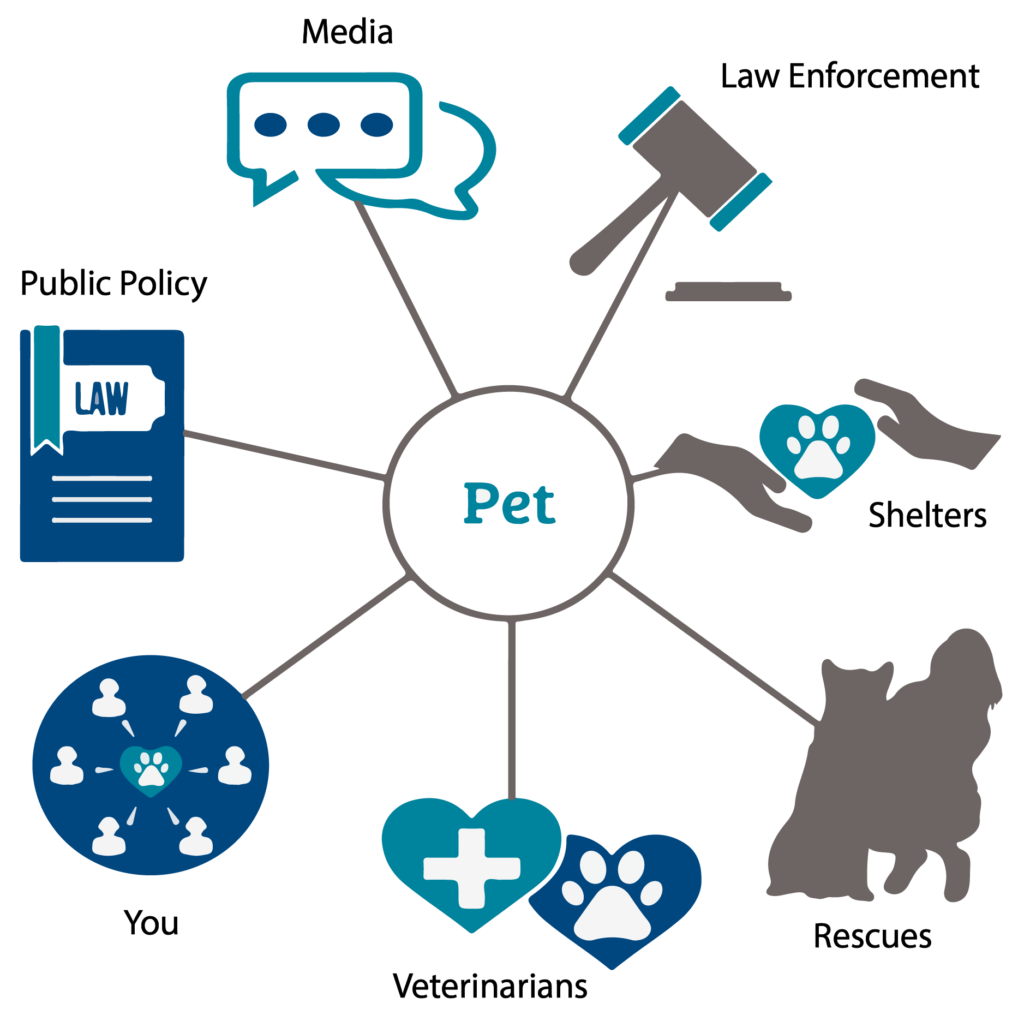
Ventura County Animal Services has joined a growing number of animal welfare organizations in adopting a new sheltering framework. This model is called Socially Conscious Sheltering (SCS). This SCS model and the No-Kill model are not contradictory and exist together with our agency. VCAS meets and/or exceeds all no-kill benchmarks.
This new SCS framework that we found aligns with our core values of being an organization that encourages cooperation and collaboration with all stakeholders (elected officials, community members, private veterinarians, transfer/rescue partners, law enforcement, non-profit organizations, local businesses, volunteers and other animal welfare agencies). We wish to promote a positive culture of mutual respect and support.
Frequently Asked Questions about the No-Kill and SCS Models:
Q: Are you still a No-Kill shelter given your adoption of the SCS model?
A: Yes. The adoption of the SCS model did not change our day-to-day lifesaving efforts that we have grown and have continued to build upon since 2012. SCS is simply a framework we found that more accurately describes who we are as an inclusive, positive, and compassionate animal welfare organization. We continue to work towards finding the best possible outcomes for all animals which is the fundamental goal of this model. SCS provides a clear message about our commitment to providing quality care to the people and animals of Ventura County.
Further, VCAS continues to meet and/or exceed all No-Kill benchmarks, goals, and philosophies while maintaining a 90% or higher live release rate (LRR), and we have never strayed from our lifesaving commitment. It is critical to note that VCAS will never compromise the health and safety of an animal to maintain live outcome statistics. Statistics do not govern or control our daily activities. Decisions are never made to maintain statistics. Our high Live Release Rate (LRR) is the result of hard work and our commitment to life-saving practices. We are fully transparent about our shelter statistics as they are posted each month online for the community to review.
Q: How was the Socially Conscious Sheltering movement developed and initiated?
Q: What is socially conscious sheltering?
Socially Conscious Sheltering is a compassionate, transparent and thoughtful model for animal welfare organizations. There are eight (8) tenets of the SCS model:
1.
1. Place every healthy and safe animal.
Place every healthy and safe animal.
Every single one. Healthy is defined as either having no signs of clinical disease or evidence of disease that a veterinarian determines has a good or excellent prognosis for a comfortable life. Safe means that the animal has not exhibited behavior that is likely to result in severe injury or death to another animal or person.
2.
2. Ensure every unwanted or homeless pet has a safe place to go for shelter and care.
Ensure every unwanted or homeless pet has a safe place to go for shelter and care.
An animal’s opportunity to be nurtured, healed, and re-homed should not depend on their age or condition—every community must have a shelter that accepts all animals brought to it. It is unacceptable to turn animals away because they are too old, too sick, or too broken.
3.
4.
5.
6.
7.
8.
Sign-Up For Shelter Communications
Pet promotions, natural disaster updates, public service announcements, etc.
Social Media
View this profile on InstagramVentura County Animal Services (@vcanimalservices) • Instagram photos and videos
